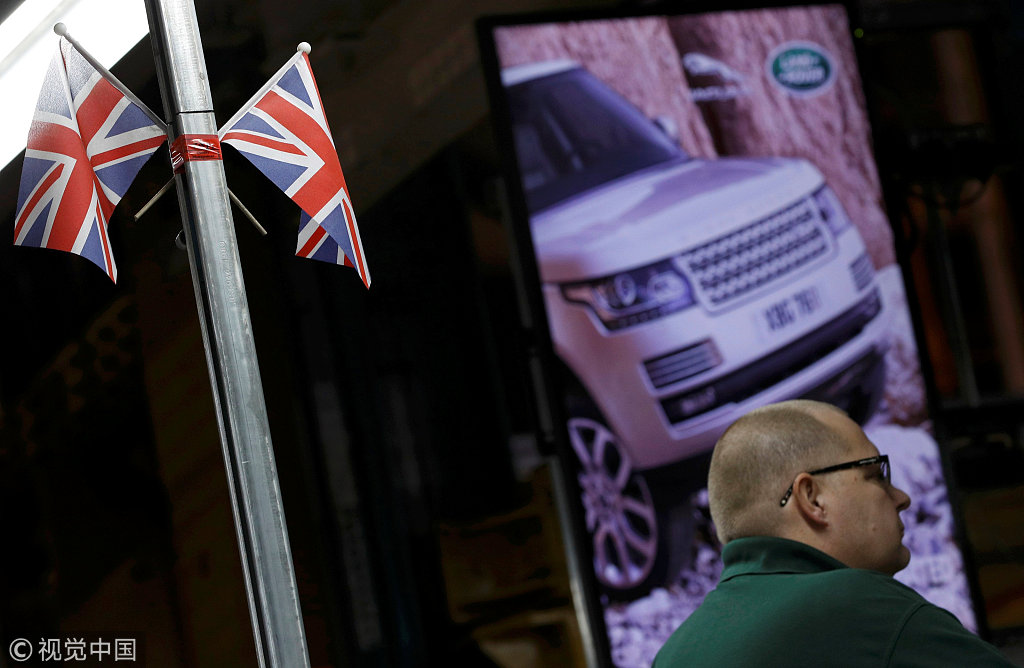British car investment stalls amid Brexit fears

Investment in the British car industry halved last year and surveys show consumers and businesses are more anxious about the economic outlook due to uncertainty about future trade with the European Union.
The Society of Motor Manufacturers and Traders said late last month that investment in Britain's automotive sector was 589 million pounds ($771 million) last year, nearly 50 percent less than in 2017 and the lowest since the 2008 financial crisis.
Overall car production fell by 9.1 percent as "domestic and global downturns take effect," it reported.
The steeper than expected declines prompted the head of the SMMT to reiterate warnings that leaving the European Union without a deal would be "catastrophic" for the industry.
"Investment has effectively stalled," said SMMT Chief Executive Mike Hawes, who called on the government to avoid "the permanent devastation" of a no-deal exit by Britain from the EU.
"A lot of that is on hold because until you see what the future is, do you have the confidence to invest when there is that sort of uncertainty?"
Britain is preparing to leave the EU on March 29 after 45 years of membership.
The SMMT said it expected car production to fall another 3 percent in 2019, assuming an orderly Brexit with a transition period to minimize economic disruption.
Some 850,000 Britons are employed in the car industry.
Other data showed confidence among British consumers held at a 5.5 year low in January. Increasing gloom about the outlook for the next 12 months was offset by a small improvement in personal finances, the GfK index showed.
Surveys of businesses by the Confederation of British Industry and Lloyds Bank also gave a sobering outlook for the world's fifth-largest economy.
House prices, a key barometer of consumer confidence in Britain, rose by just 0.1 percent in annual terms in January, their weakest rise in nearly six years.
Britain's housing market has slowed since the Brexit referendum in June 2016 when Nationwide estimated house prices were rising by around 5 percent a year.
But warnings by former finance minister George Osborne that a Leave vote would hit the value of people's homes by up to 18 percent have not materialized.
That has led many advocates of Brexit to dismiss warnings as a "Project Fear" campaign that a no-deal scenario could cause severe disruptions to food and medical supplies, transportation and manufacturing.
But the SMMT's Hawes pinned the fall in automotive industry investment firmly on the uncertainties surrounding Brexit.
"I think the numbers give the lie to that accusation: investment figures, production figures," said Hawes.
"If it's 'Project Fear', then we're doing a good impression of it being a reality."
AFP - Xinhua

